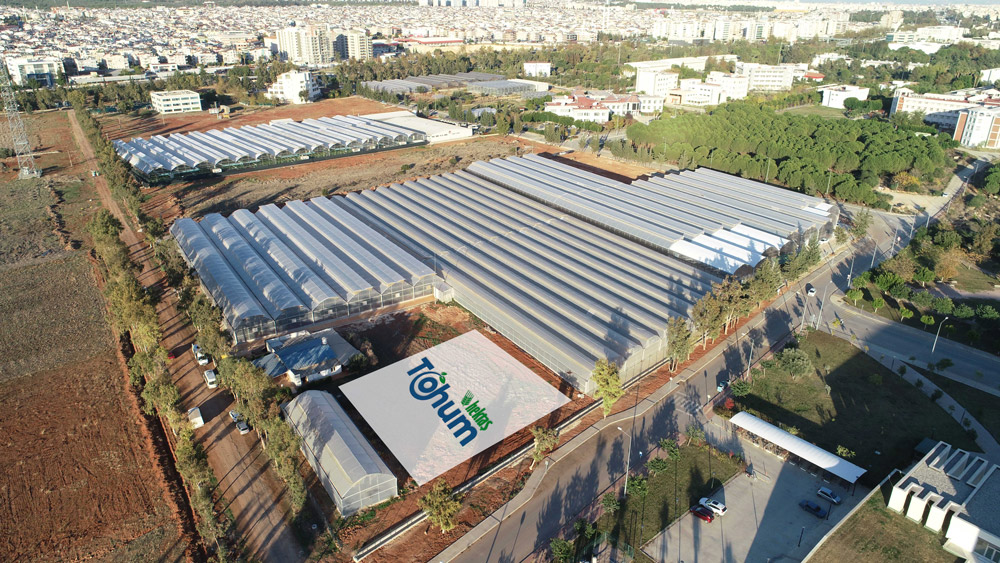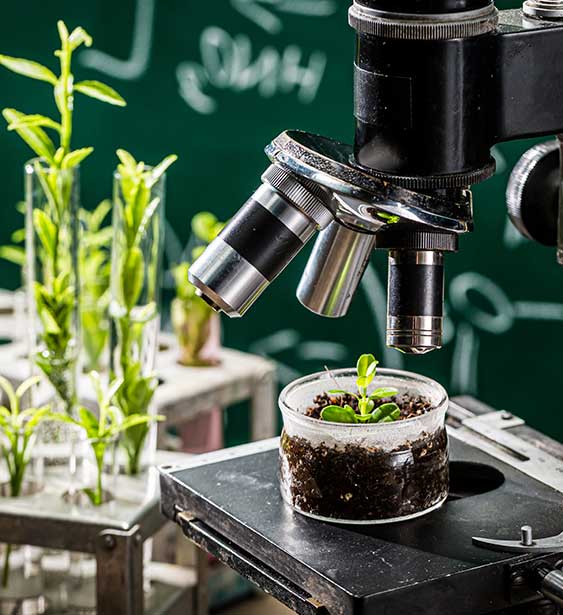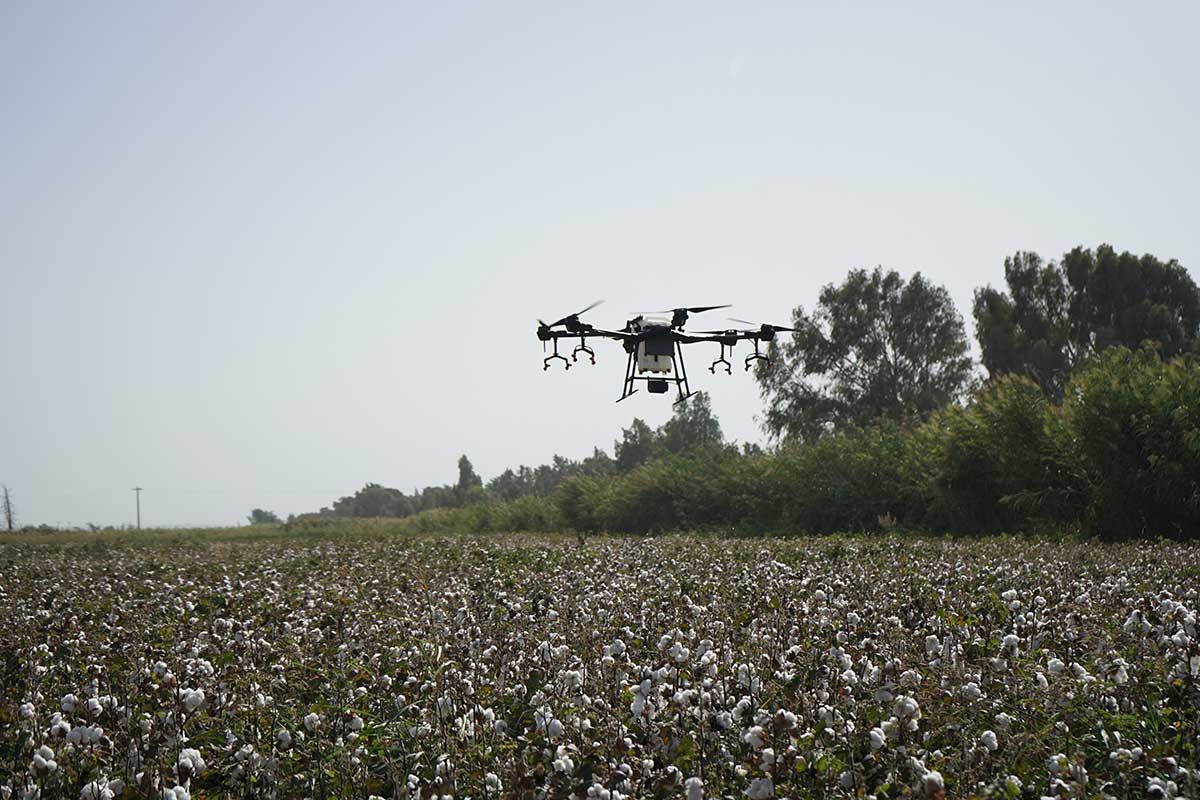In addition, CRISPR/Cas-based gene regulation studies are also carried out within the Seed Technologies Center. With this innovative biotechnological method, it is aimed to develop more resistant, productive and high quality varieties by making precise arrangements on gene regions that affect the agronomic performance of plants.
Another component that provides support for breeding activities is the conditioning chambers in the Seed Technologies Center, which enable rapid breeding. In units with these controlled environmental conditions, temperature, humidity and CO₂ levels are set at optimum levels, making it possible to achieve multiple generations throughout the year. Thus, breeding cycles in vegetables and industrial plants can be accelerated and registration processes of new varieties can be completed in a shorter time.
HEKTAŞ Seed has R&D projects in vegetable and industrial plant groups, carried out collectively by the Seed Technologies Center and breeding departments.







